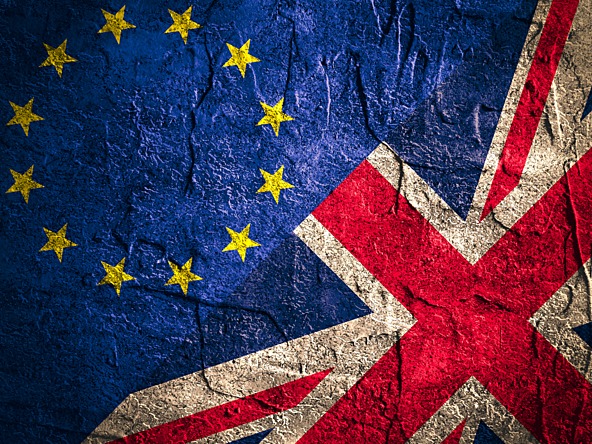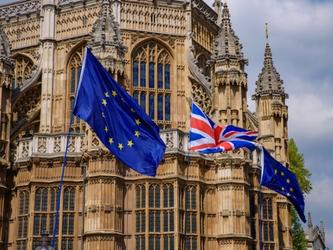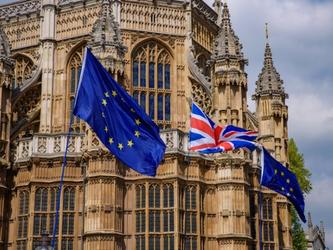Brexit driving UK constitutional crises

Speaking at the online event on Thursday 22nd September, John Curtice, senior research fellow at NatCen, said that Remainers and ‘Leavers’ had broadly switched positions when it came to trust in the current establishment.
Curtice added that this was also driving an upsurge in support for a united Ireland in Northern Ireland and the polarised independence debate in Scotland, as well as the push for electoral reform in England.
“The political division you see, certainly in Scotland, Northern Ireland and on electoral reform south of the border, these all look like being driven by Brexit,” Curtice said.
“The half of the country – and it is still half of the country – that is pretty upset about Brexit are now less likely to have confident in government and are less likely to trust politicians, which is a reversal of the historical position. It looks now like this is being translated into a wish to change the system.”
As a society, the differences between age and education now have a broader resonance than the old class system, Curtice added.
The report, which was published last week, had found that 51% of Britons were in favour of electoral reform with 44% in favour of maintaining the current status quo.
For the first time, according to the report, Northern Irish support for being part of the UK slipped below half ( 49%), and support in the province for Irish reunification increased from 14% in 2015 to 30% in 2021.
Also speaking at the event, Charlotte Pickles, director at think tank Reform, said that there was a growing problem with people’s faith in the current performance of the government and the economy in the UK.
“People are very pessimistic,” Pickles explained. “They believe their children’s outcomes will be worse than theirs, they don’t believe that levelling up will be delivered, they don’t believe public services will improve – consistently across the board, it is incredibly pessimistic.
“It is why the question of fairness is so important – if you feel like your children will be worse off than you, I am not sure there is a more depressing measure than that.”
The panel also discussed the prevalence of ‘culture wars’ in the UK, with the British Social Attitudes survey finding a divide along Brexit lines.
One example of the culture wars split from the report showed that 79% of social liberals and 65% of Remainers believed migrants have a positive impact on the country’s culture, but only 25% of social conservatives and 22% of Leavers expressed this view.
Curtice said there was a “link between attitudes to these issues and attitudes to Brexit” and added: “It is pretty clear the Labour party will not want to go down that culture war path. The interesting question is whether the Conservative party will do so. Whether the new administration is so focused on economics it will drop that agenda, we will have to wait and see.”
Andrew Harrop, general secretary at the Fabian Society, said he felt the British Social Attitudes report demonstrated an increasingly diverse, progressive and tolerant country, which was at odds with the idea of prevalent ‘culture wars’.
He said: “There is a big distinction between broad social attitudes with long-term changes, and there I think the country is gradually becoming more progressive, and some of these petty, little controversies that are often fabricated through the process of politics and media, rather than coming from everyday conversations.
“That’s what has been politically utilised and weaponised – it is when you start talking about statues rather than views on race and nationality. That’s the choice the Conservatives are now going to face – do they still practice that sort of politics?
“Seeing findings like this should give them pause for thought, as it is only a small pool of people who are already going to vote for them who are going to respond well to those very politicised, fake kinds of controversies.”

We hope you enjoyed this article.
Research Live is published by MRS.
The Market Research Society (MRS) exists to promote and protect the research sector, showcasing how research delivers impact for businesses and government.
Members of MRS enjoy many benefits including tailoured policy guidance, discounts on training and conferences, and access to member-only content.
For example, there's an archive of winning case studies from over a decade of MRS Awards.
Find out more about the benefits of joining MRS here.














0 Comments